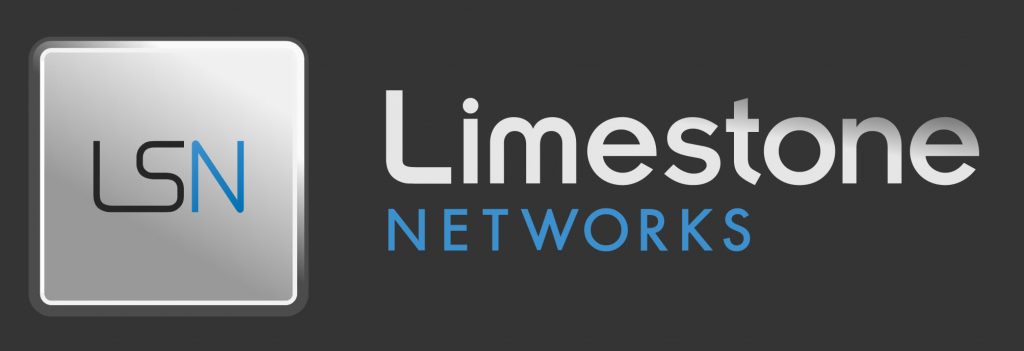Bare Metal vs Cloud vs VPS: Stop Comparing the Wrong Things
What’s the Actual Difference? Bare metal, cloud, and VPS are fundamentally...
May 01, 2017
 Ever tried to decide between Colocation Servers and Dedicated Servers and wondered what the differences are that can make the Colocation option preferable or not? The information below will make your decision more informed and easier. Of course, every decision depends on your particular situation and current needs. That being said, by the end of this blog you will have the proper knowledge to make the correct decision for yourself.
Ever tried to decide between Colocation Servers and Dedicated Servers and wondered what the differences are that can make the Colocation option preferable or not? The information below will make your decision more informed and easier. Of course, every decision depends on your particular situation and current needs. That being said, by the end of this blog you will have the proper knowledge to make the correct decision for yourself.
A colocation server is a server that you build and customize or order pre-built from the manufacturer or Hosting Company. You can have it tailor-made to your business needs or you can use an off-the-shelf model. This depends on the level of technical competency you or your IT staff has with respect to the design and build of your project's server(s). A colocated server is operated from a data center where security is much greater and power and bandwidth is easily tapped into and always available. The Colocation Host will see that the colocation server has internet access, cooling, and electricity. You will pay a colocation fee on a monthly basis. Often these fees are greater or higher depending on the data center where the colocation is desired. Such things as electricity cost, bandwidth selection, redundant power or emergency power provisions, privacy and security certifications, location, and service all go into the price you will be charged in your monthly colocation fee.

A dedicated server is leased from a hosting provider such as Limestone Networks, Inc. The dedicated server will be located either within whatever data center you select, or whatever data center is available. Sometimes there is a setup fee but the fee is typically negotiable if you agree to a long-term contract or are deploying in bulk. Dedicated servers usually come with some items pre-installed, and there can be a spectrum of support available depending on how much the business is willing to pay. Some dedicated servers will come with no support, and other dedicated servers can be configured with support upgrades like proactive management or troubleshooting. You can even find hosting companies that specialize in managed services. There are numerous hosts that offer dedicated servers, and it's important to find a host with good up-time and a responsive support staff. Take a look at this great offer for dedicated servers.
A colocated server is all yours. Like a house or car, once you buy it the expenses of running, maintaining, improving, and managing it are your responsibility. While a colocated server allows you more control over the actual hardware you must be able to manage it on your own. This could be more expensive on a monthly basis, at least in the short term, than leasing a dedicated server from a hosting company. You can completely manage a colocated server, but that will require a local technician to work on it directly for you, or you will need to pay the colocation host a remote hands fee to repair, diagnose, replace, or troubleshoot any problems you have with your equipment. This means that colocated servers are best suited towards businesses that require advanced technology and that have the budget for IT staff or remote hands. Look for hosts that provide both month to month servers and colocation. Check to see if they will also finance hardware. They may be willing to build to your specifications and provide overall financing for the same term as your colocation contract.
A dedicated server belongs to the hosting company provider, not you, so if a hardware part fails you just open a ticket and they will fix it or replace it at their expense, typically within a short hardware SLA guarantee. Colocation servers belong to you and you are responsible for troubleshooting hardware issues and handling that on your own or by hiring someone, usually the colocation host provider, to resolve your hardware or software problem. If you start with updated equipment and infrastructure you can still rely upon your manufacturer’s warranty. Consider a colocation provider who will provide proactive management and monitor your hardware periodically. A dedicated server is an excellent choice for businesses that do not require highly technical specifications or do not have the staff or expertise to manage the server(s). Dedicated servers may have higher monthly fees but will have lower upfront costs.
Many businesses are moving towards cloud-based computing. Cloud-based computing can take a little time to adjust to and may require additional training. In the long run, it could prove more useful, efficient, and cost-effective than other options. Cloud-based technology has similar benefits to colocated and dedicated servers by allowing connectivity on a global scale, but rather than being a single server it connects to a network of advanced servers that are owned by the company providing the network.
Understanding your options and your particular needs and how those go hand in hand is where you start. Weighing the possibilities of each against your time, experience, and particular business needs and circumstances can be confusing so do not hesitate to contact a hosting provider with specific questions regarding their service and hardware selection options.